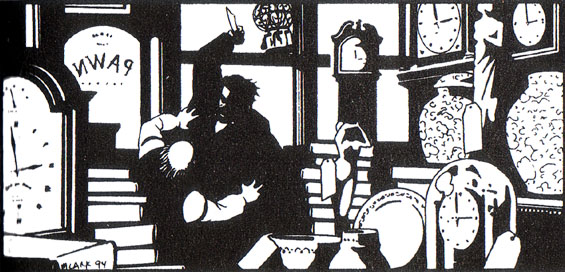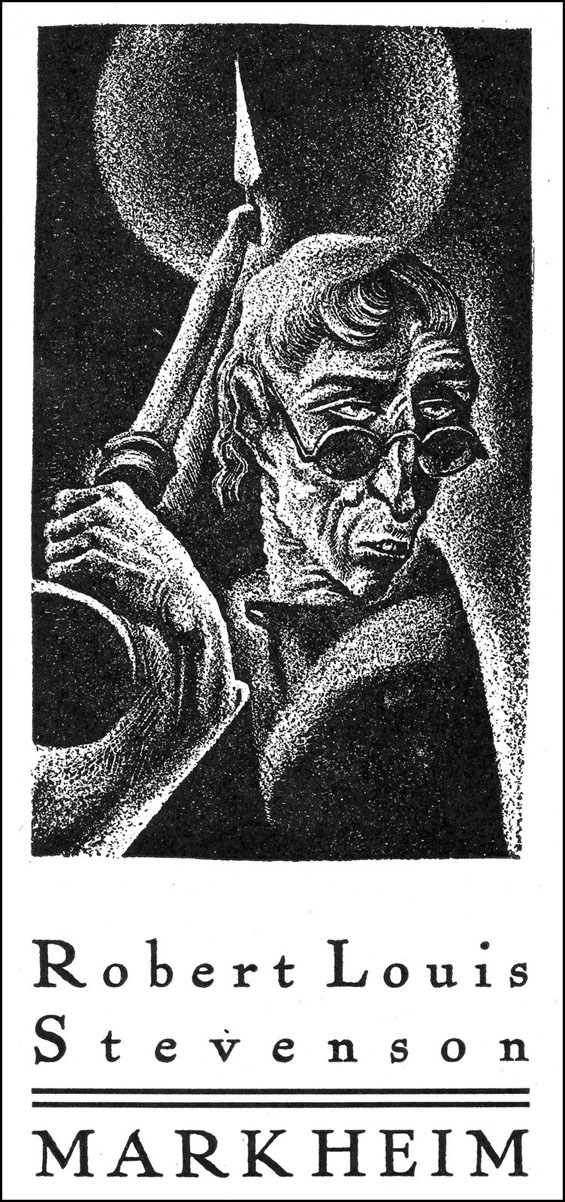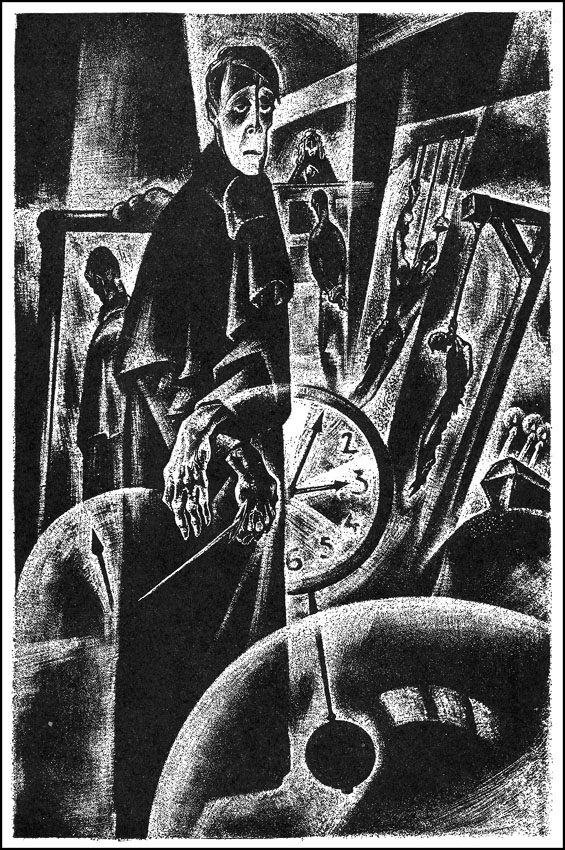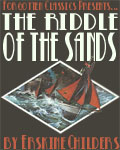
 The SFFaudio Podcast #083 – Jesse talks with Jeremy Keith of HuffDuffer.com about his website. HuffDuffer can turn any MP3 file on the web into a podcast! HuffDuffer lets you make your own curated podcasts and share them with the world.
The SFFaudio Podcast #083 – Jesse talks with Jeremy Keith of HuffDuffer.com about his website. HuffDuffer can turn any MP3 file on the web into a podcast! HuffDuffer lets you make your own curated podcasts and share them with the world.
Talked about on today’s show:
HuffDuffer.com, turning loose mp3 files on the web into podcasts, “the benefit of the website happens when you’re not at the website”, maybe planning ahead just isn’t popular?, the HuffDuffer extension for Firefox, Mozilla Firefox vs. Google Chrome, Bookmarklet, “HuffDuffer is the perfectly developed website”, website design, “all software evolves until it becomes an email client” (or Facebook), interacting with iTunes, “it just works”, you can HuffDuff any audio extension (no video thanks very much), audio vs. video, the stigma of audio (and radio), adactio.com (Jeremy Keith’s website), SalterCane.com, BBC, CBC, tagging your podcasts, the Science Fiction tag on HuffDuffer, Sage an RSS catcher for Firefox, the HuffDuffer people page, the HuffDuffer tag cloud page, the use of machine tags, flickr.com, the Philip K. Dick tag, each tag makes its own feed, the Orson Scott Card Selects podcast feed, get satisfaction from HuffDuffer, HuffDuffing computer voiced MP3 files (please don’t), exploring HuffDuffer as a social network, ClearLeft.com and Jeremy Keith’s profile there, the philosophy of website design, how to design a website for every browser, designing SFFaudio’s design, inertia of website design and designers, “website development is the most hostile environments”, three things have changed the internet for me: 1. podcasting 2. HuffDuffer 3. RSS readers, consuming the content the way you want, the Readability bookmarklet, Safari 5, sustainable business models, Dark Roasted Blend, why isn’t HuffDuffer HUGE?, you aren’t competing on the web, niche websites are empowering, what happens if Jeremy Keith gets hit by a bus?, the demise of websites, is Wikipedia too big to fail?, the further demise of websites, “feature creep“, you don’t buy a domain name (you rent it), the Seeing Ear Theatre story, Archive.org, the Science Fiction mindset, The Wayback Machine, the death of Geocities was a tragedy for the future archaeologists of the web, Isaac Asimov’s Foundation, A Canticle For Leibowitz by Walter M. Miller, Jr., Anathem by Neal Stephenson, The Long Now Foundation, we need servers on the moon, bury archive.org under the Sea Of Tranquility, Carl Sagan, the Voyager record (it’s the longest of the LPs), reconstructing the phonograph 10,000 years down the road, does Science Fiction make you smarter? Jeremy Keith’s answer: “Only Science Fiction fans can be smart.”
Posted by Jesse Willis




 Markheim
Markheim
 Weird Circle – Markheim
Weird Circle – Markheim





